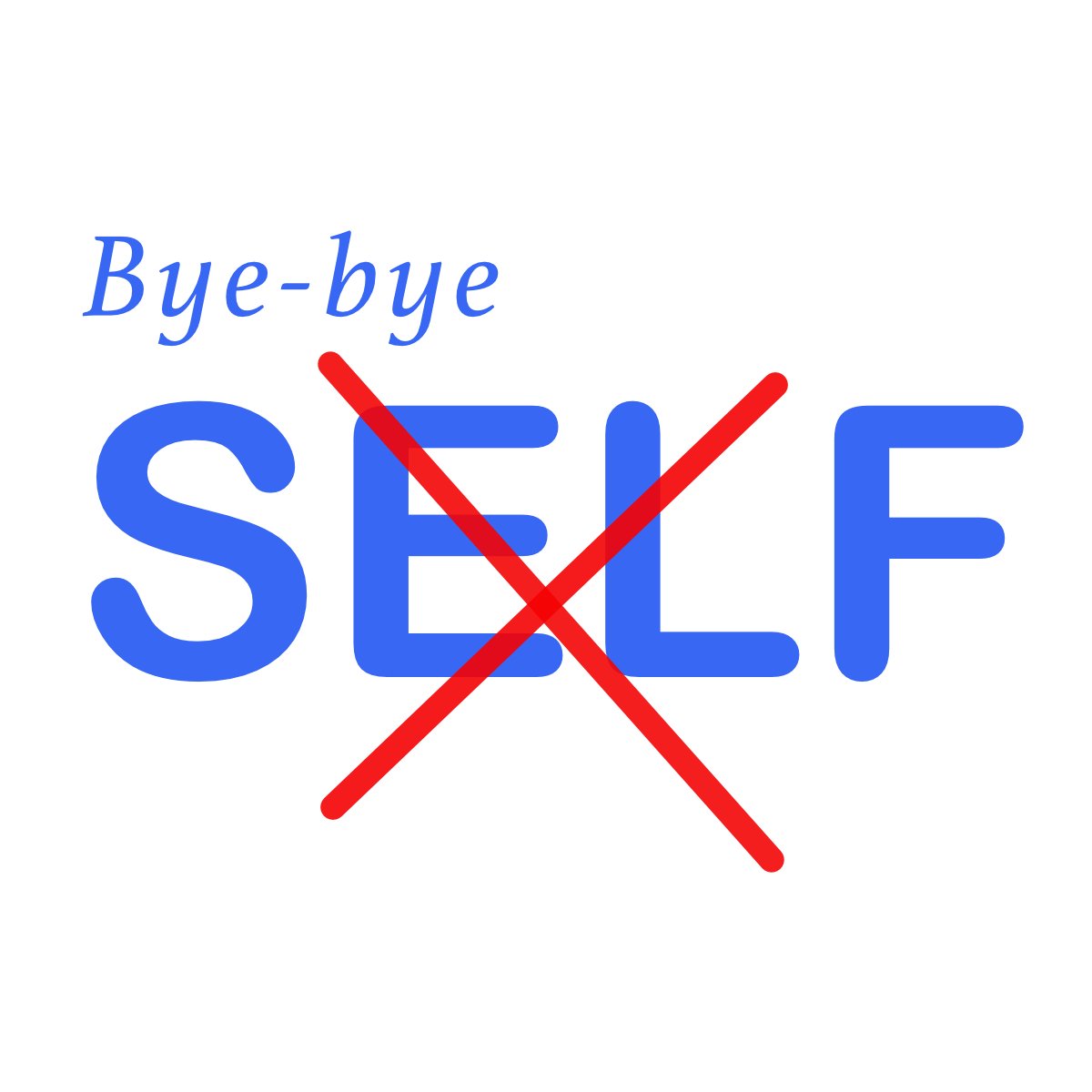All about Self: Reflexive/Intensive Pronouns Explained
When should I use me/myself, you/yourself?
Short answer – and rule of thumb: forget the self!
This morning I heard this error during the news service of a renowned international broadcaster:
“They filmed myself.”
No! They filmed ME.
Here’s another example – one heard regularly these days:
How are you?
Very well, thank-you. And yourself?
No! And you? = How are you? ( – not How is yourself?)
In short, the ‘self’ pronouns are used only to emphasise a point or to reflect back on the the subject of the sentence.
The ‘self’ pronouns are properly known as reflexive or intensive pronouns. The choice of name depends entirely on their function in the sentence.
Reflexive Pronouns
These are used when the either the direct object or the indirect object of the sentence is the same as the subject of the sentence; i.e. it ‘reflects’ it.
I bought myself a new iPhone.
Jill treated herself to an ice-cream.
The truants found themselves in trouble.
John was so shocked that he pinched himself to check that what was happening was real.
The children covered themselves in sunburn cream.
Intensive Pronouns
These are used to emphasise, often in a situation which may appear surprising to the reader or listener.
Hassan flew to Hong Kong by himself. – This emphasises the fact that he actually went alone – when we may well have expected him to have been accompanied.
Did you really knit that pullover yourself? – A degree of surprise is implied and the speaker seeks reassurance about the skill of the knitter.
I can assemble an Ikea cabinet by myself. – I am emphasising the fact that I don’t need help. (If only that were true!)
My grandmother lives by herself. – I am emphasising the fact that she lives alone – something which we may not expect of a very elderly lady.
So, these two situations aside, we should use the Personal Pronoun.

